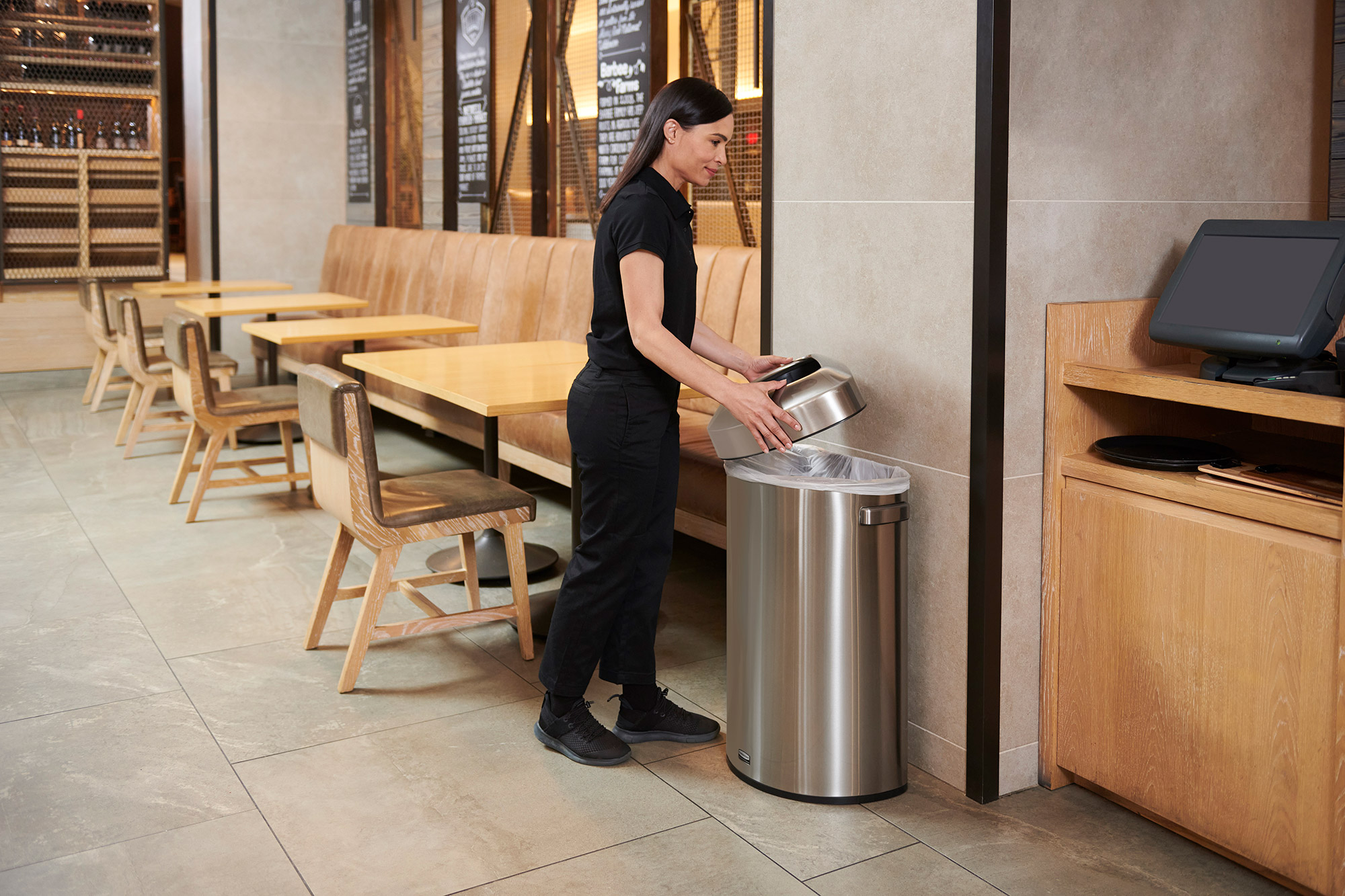
The COVID-19 pandemic impacted every industry, but hotels were hit especially hard. A June 2021 report from IBISWorld forecasted that the Australian hotel and resorts industry will experience a 44.8% decrease in revenue for the 2020-21 fiscal year.
Much of this impact has been the result of necessary government mandates to restrict travel to and from Australia, as well as limiting interstate travel. The matter of customer sentiment must also be considered.
The hospitality industry can only recover if travellers feel safe and confident booking hotel rooms. Businesses around the globe have already made great strides in adopting new policies to protect hotel guests, but there's still more work to be done.
Regardless of the COVID-19 pandemic, room cleanliness plays a large part in creating a quality guest experience. To help hotel guests feel as comfortable as possible in a post-COVID world, the hospitality industry (and specifically hotel chains) have worked with local and international health organisations to create new policies, procedures and operational strategies to ensure optimal travel standards.
Part of this hotel operations strategy is to introduce a new executive position dedicated to health and safety: the Hygiene Officer. This person is responsible for developing, implementing and improving cleaning procedures in alignment with best practises. While the role carries unique responsibilities at each hotel chain, general qualifications for the position include certifications in hazard analysis and control.
Across Australia and other countries, hotel chains have worked with organisations such as the Global Biorisk Advisory Council (GBAC) to develop new deep cleaning procedures and infection control policies. To help guests feel safe staying in a hotel room, these procedures will need to be visible and demonstrably effective. Here are some of the current trends guests are expecting of the hospitality industry today:
Touchless technology
Moving forward, hotel brands will look to make the stay experience contactless through technological innovation. The idea is that by limiting physical contact between guests and hotel staff, there will be less likelihood of infection. The push toward touchless technology began years before the COVID-19 pandemic, but it accelerated in 2020 and 2021.
Many hotel brands have already implemented contactless check-in solutions. This usually requires an app on the guest's smartphone. Instead of a physical key, the hotel app serves as a digital key that can unlock the guest's hotel room as well as other amenities throughout the hotel. In the future, these types of solutions are likely to become more common, potentially introducing some features via social media as well.
Some hotels are experimenting with chatbots that can respond to guests' needs when it comes to room service. For example, if guests need additional towels, they can send a quick text message through the hotel app to reach hotel management. The bot will process and forward the request to a member of the hotel staff who can make the necessary arrangements. This means guests can spend less time on the phone or in line at the front desk.
More transparency
During the COVID-19 pandemic, uncertainty has made many travellers second-guess their plans. When guests don't know what to expect from their hotel, they may not be willing to risk the potential for exposure to an infectious disease. This means transparent communication will be essential moving forward.
Before, during and after their stay, guests need to be able to get in contact with the hotel. Immediately upon booking, hotels can provide information about safety precautions, which will help guests feel better about their trip. During the stay, signage can help guests to understand what's expected of them, such as maintaining a distance of 2 metres from other people. Afterwards, hotels can use digital channels to inform guests about risks they may have been exposed to and conduct contact tracing if necessary.
Housekeeping changes
With a new definition of cleanliness, hotel housekeepers will take on new responsibilities beyond typical room service tasks. For example, they may be expected to wear personal protective equipment (PPE) when entering a guest room. Many brands have already started placing paper or plastic bands on toilets, beds and doors to indicate that no one has been in the room after it was last cleaned.
Cleaning common areas will require a new approach. Cleaning staff may need to address these areas more frequently, especially high-use areas such as gyms. Again, contactless technology may be able to play a role in limiting guest exposure. For example, guests can reserve gym and spa amenities from their app, allowing cleaning staff ample time to sanitise equipment between usages. These solutions will require a stronger level of coordination between operational members of the staff.
The COVID-19 pandemic has made clear the need to reassess what it means to clean indoor environments. In addition to the policies and procedures discussed above, the hospitality industry has also taken another look at quality cleaning tools.
Professional cleaners spend a lot more time scrubbing, mopping and dusting than everyday consumers. That means they need reliable equipment that limits physical strain. For example, the Rubbermaid HYGEN quick-connect mop handle is designed to increase the user's reach without using an unsafe posture.
While cotton rags simply push microbes around on surfaces, microfibre actually picks up and removes bacterial, viral and fungal particles. This is important because even dead microbes can pose a health risk, as other microfauna will eat them. Rubbermaid HYGEN disposable microfibre is proven to remove 99.9% of tested viruses and bacteria, including human coronavirus OC43.
Learn more about Rubbermaid HYGEN products today through our Hospitality Cleaning Checklist, Hospitality Product Recommendations Guide and Hospitality Best Practice Guide.